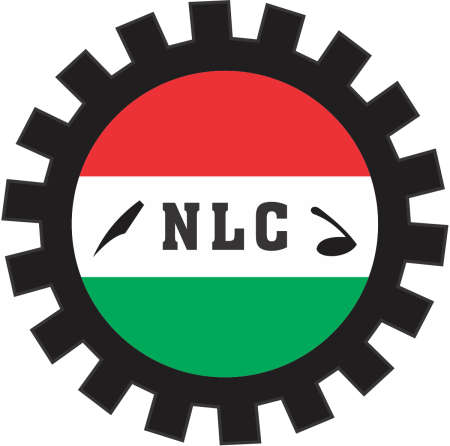The Allure of Africa: A New Frontier for UK Investment
Africa is experiencing a surge in foreign investment interest, transitioning from a frontier market to a global investment hub. The UK, in particular, is actively seeking opportunities in Africa, driven by the continent’s abundant natural resources, burgeoning youth population, and ongoing structural reforms. A recent survey of UK business executives reveals a strong interest in African markets, with a significant portion already operating in Africa and planning further expansion. This renewed focus on Africa coincides with a decline in US-Nigeria trade relations, creating a vacuum that UK businesses are eager to fill. Africa’s wealth of mineral resources, including 30% of the world’s mineral reserves and substantial oil and gas reserves, combined with its vast arable land and projected workforce growth, makes it an attractive investment destination.
Key Sectors and Drivers of Investment
Seven sectors are attracting significant international capital: technology, oil and gas, power (including renewables), agriculture, manufacturing, infrastructure, and strategic minerals. The continent’s youthful, digitally savvy population makes it particularly appealing for technology investments. Furthermore, initiatives promoting industrialization and value-chain upgrades are transforming Africa into a competitive manufacturing base. The growing recognition of Africa’s potential beyond raw materials extraction is a key driver of this investment surge. Cities like Lagos, Nairobi, and Cairo are emerging as vibrant economic centers, attracting UK investors eager to capitalize on this transformative growth. The African Continental Free Trade Area (AfCFTA) is further bolstering investor confidence by promoting regional integration and facilitating intra-African trade.
Navigating Challenges and Risks
While the opportunities in Africa are immense, investors must also contend with significant risks. Infrastructure gaps, political volatility, and complex regulatory frameworks remain persistent challenges. Currency instability and cross-border trade inefficiencies also pose significant hurdles. Addressing these challenges is crucial for unlocking Africa’s full investment potential. Despite these concerns, some perceived risks, such as difficulty opening local bank accounts and accessing working capital, have proven less significant in practice. Investors who navigate these challenges effectively are beginning to see substantial returns on their investments.
Harnessing Africa’s Demographic Dividend and Mineral Wealth
Africa’s youthful population, with 70% under the age of 30, represents both a vast workforce and a burgeoning consumer market. This demographic dividend is particularly advantageous for labor-intensive industries. Simultaneously, strategic minerals like cobalt, manganese, graphite, and lithium are positioning Africa at the center of the global energy transition, as these materials are crucial for electric vehicle batteries, solar panels, and other high-tech applications. This confluence of demographic and resource advantages presents a unique opportunity for investors.
Public-Private Partnerships: A Catalyst for Growth
To address infrastructure challenges and de-risk investments, experts advocate for increased utilization of Public-Private Partnerships (PPPs). PPPs can attract foreign direct investment by providing clear frameworks that mitigate risk and promote long-term value. They also offer a mechanism for leveraging private sector expertise and capital while ensuring public oversight. The development of strategic minerals, such as lithium, requires significant infrastructure investment, making PPPs particularly crucial in this sector. By involving local professionals in the design and management of PPPs, projects can be tailored to the specific context and challenges of the African environment, fostering greater sustainability and impact.
Policy Reforms and a Shift in Mindset
African governments are actively implementing policy reforms to create a more business-friendly environment. Tariff reforms, trade concessions under the AfCFTA, and China’s elimination of tariffs on imports from numerous African countries are reshaping trade dynamics and stimulating industrial capacity. Crucially, there is a shift in mindset from focusing solely on resource extraction to prioritizing equitable value creation. Countries are increasingly emphasizing local processing and beneficiation of raw materials, fostering a more sustainable and inclusive development model. This new paradigm emphasizes partnerships, innovation, and long-term value creation, marking a significant departure from traditional approaches.














